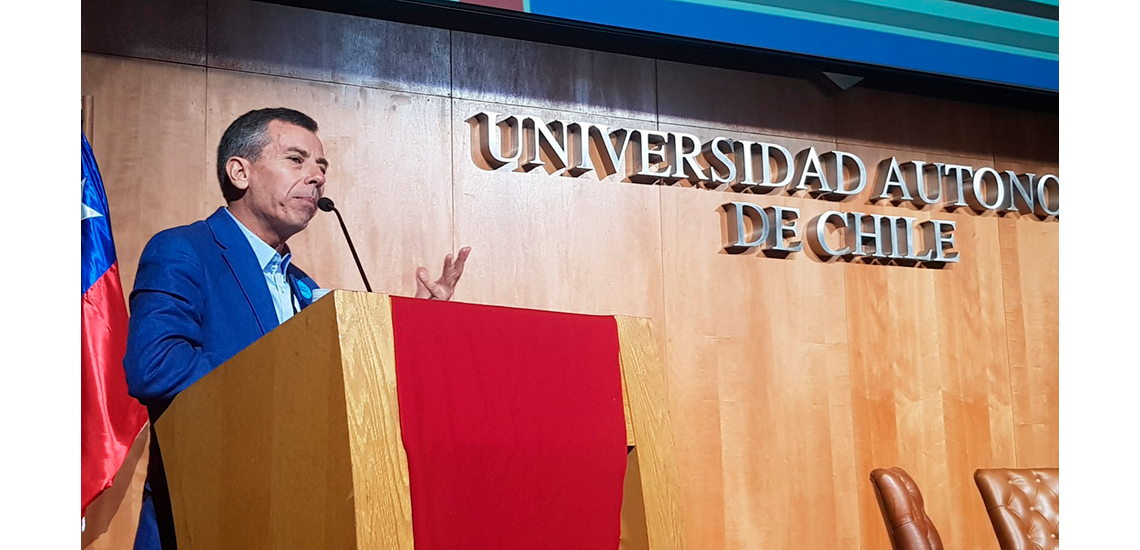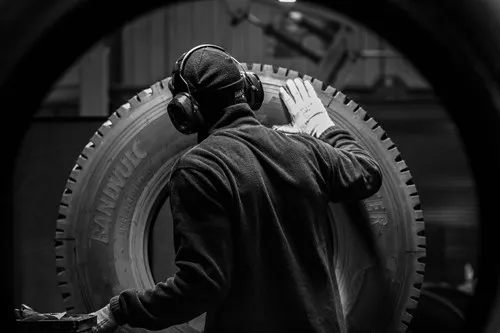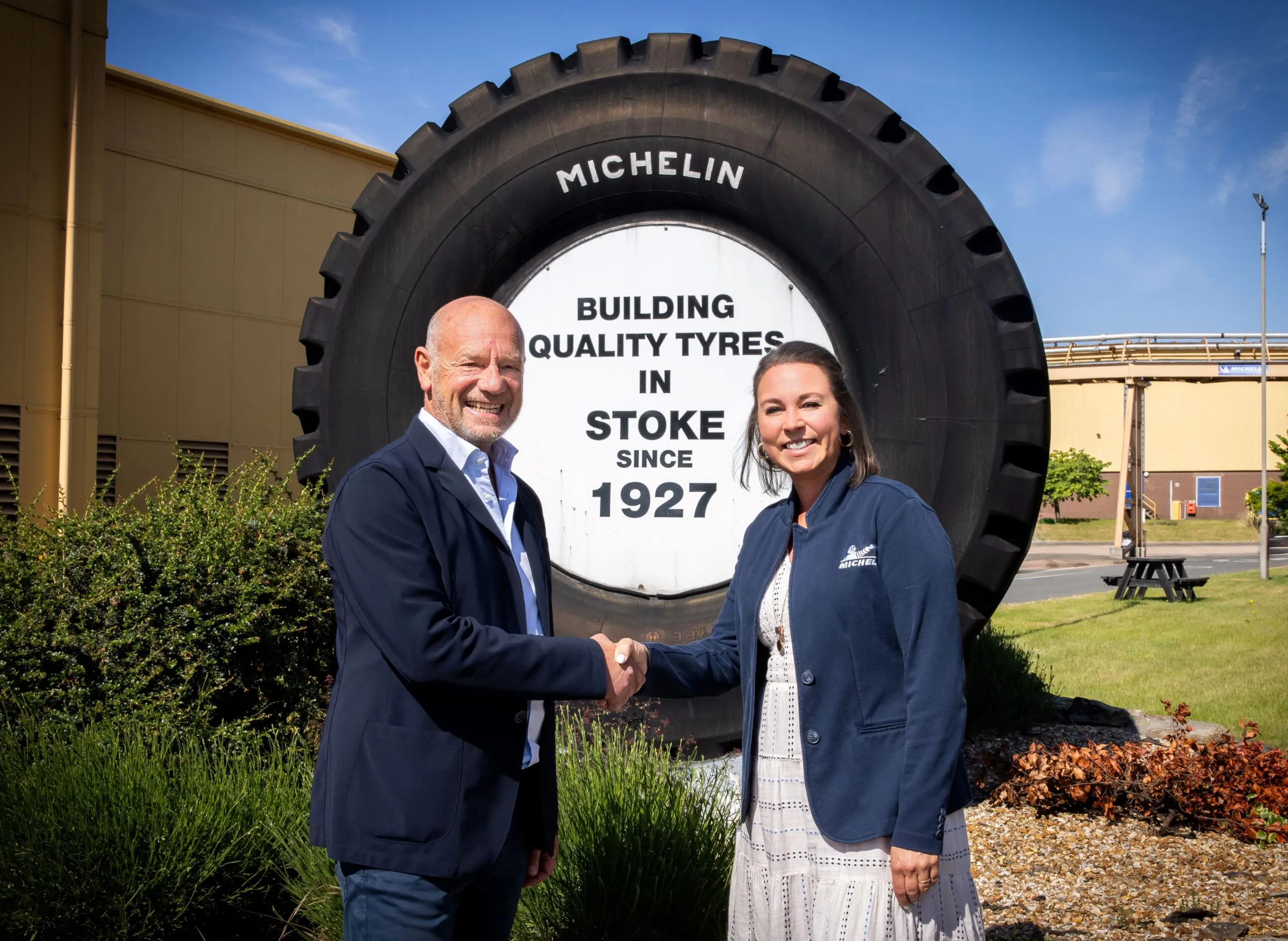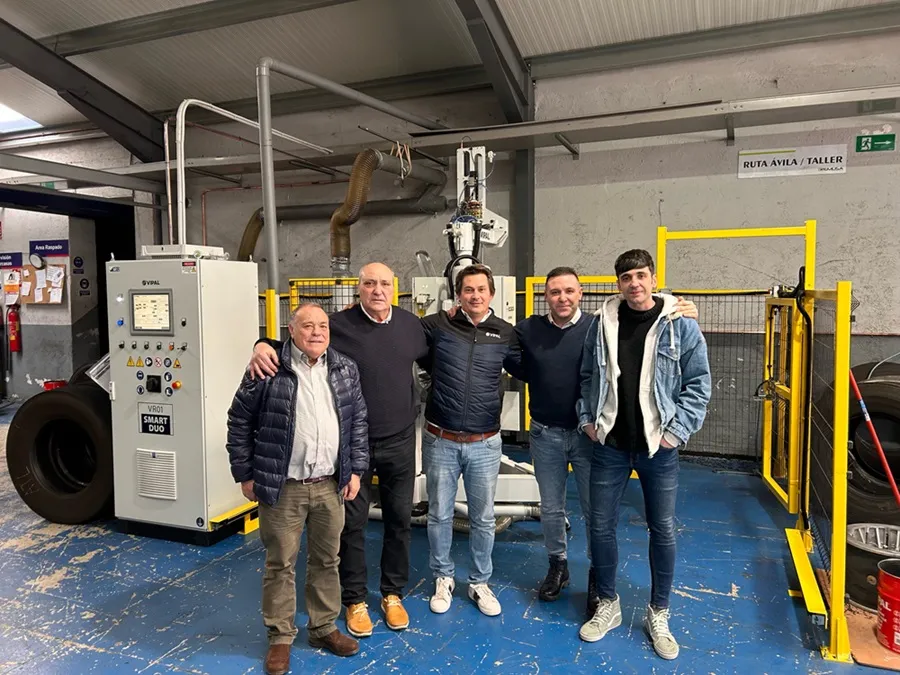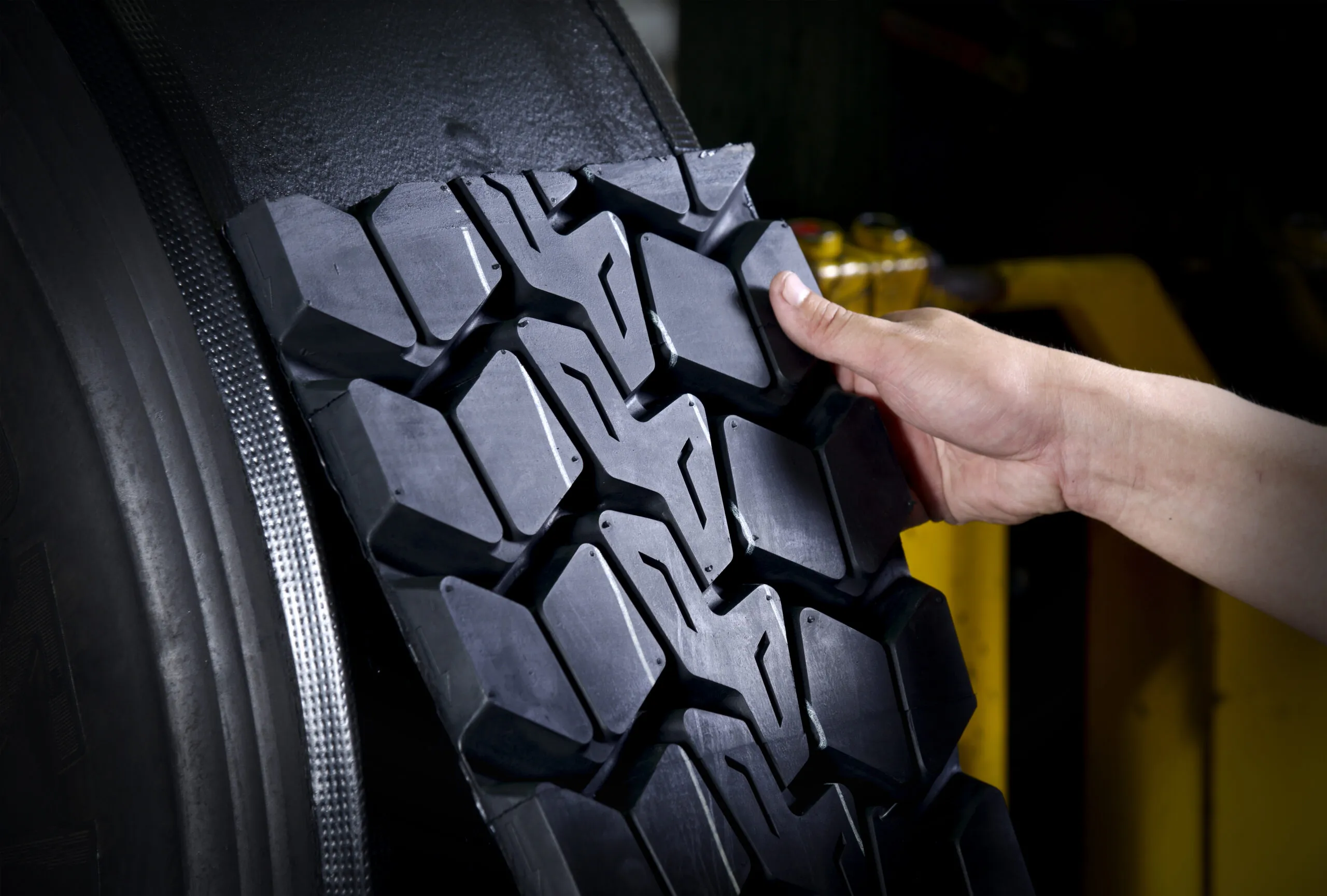The EPR law has now formally begun in Chile with the implementation of the Supreme Decree No. 8 of January 20, 2023, which sets the collection and recovery targets for tyres. Our South American correspondent Daniel Rojas was among the first on the scene to gauge the reaction Eduardo Acosta, president of ARNEC.
Daniel Rojas Interviews Eduardo Acosta
Retreading Business
You must be delighted at the implementation of the Chilean EPR law. Something fundamental has been started, correct?
Eduardo Acosta
There is no debt that is not paid, no deadline that is not met, as our parents used to say. Well, the deadlines for the entry into force of the obligations for the collection and recovery of tyres have been met.
RB
How have you been able to engage with the main actors of the Law?
EA
Producers (Importers) have been working hard to organise and obtain the approvals required by the authority to put in place the collective and individual management systems that will allow compliance with the collection and valorisation (recovery) targets. Some producers have been more passive and have waited in the distance for the evolution of the management systems. Unfortunately, another group of producers have remained on the side-lines, without making any progress before the end of the deadlines.
RB
Are there any actors that have caught your attention during these first months of 2023?
EA
The requirement of Customs, starting this month, of a declaration in which the Producer (Importer) must specify the Management System to which it is subscribed, has been the trigger that has reminded people of the obligations that fall on them within the EPR model. The concern and need to comply with the legal requirements, in addition to the penalties implied by non-compliance, is causing an effervescence that will undoubtedly help the involvement of all players in this State policy.
RB
After so many years working on this, what did ARNEC achieve with regards to the law?
EA
In the Chilean Association of Tire Retreading and Renovation, ARNEC, we have been working for many years for this moment. The EPR Law established that the activities of Preparation for Reuse, together with Material and Energy Recovery, are considered Valorisation (recovery). Therefore, retreading, which prepares tyres for reuse by replacing what has been used up, is virtuous from the point of view of the hierarchy of waste treatment, since it reduces waste and delays its generation. It goes without saying that, from the point of view of the Circular and Environmental Economy, retreading takes care of and preserves resources.

